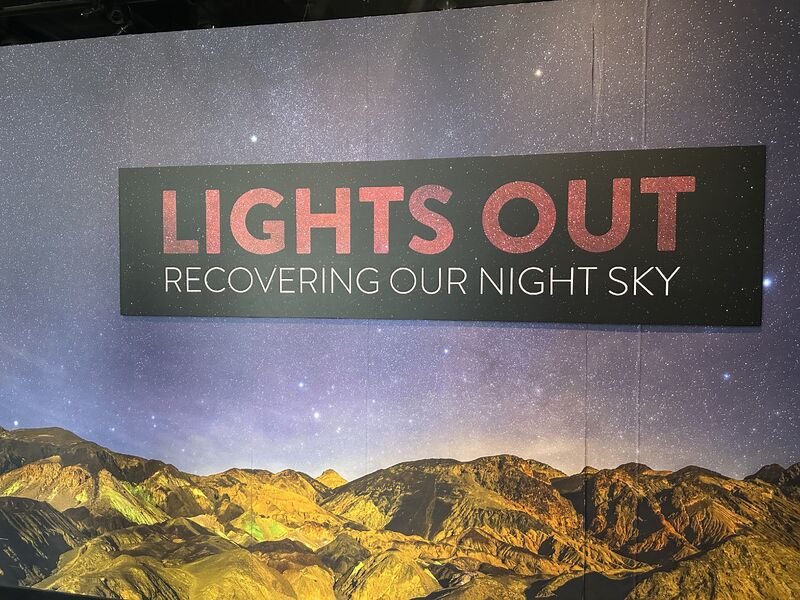By Professor Tiffany Banks On Tuesday, September 30th , students from my COMM 108: Foundations…
SOCIAL JUSTICE IN THE TIME OF PANDEMIC: The Hurdles Behind, the Urgency of Now, and Moving Forward after Covid
“Do not get lost in a sea of despair, Be hopeful, be optimistic. Our struggle is not the struggle of a day, a week, a month, or a year, it is the struggle of a lifetime. Never, ever be afraid to make some noise and get in good trouble, necessary trouble.”
John Lewis, the late Civil Rights Icon, in a tweet from June, 2018
More than a year ago, a challenge so daunting, so emotionally wrenching, so economically and personally costly began to strike our shores like a tidal wave. It was, of course, the Covid-19 virus, and the number of Americans who would pay the ultimate price has totaled well over 600,00 as new variants continue to emerge. Everything about our lives, the way we saw each other, our surroundings, our country, and our world changed. Our economy sank, our personal lives were forced to calibrate, our mental health suffered, and our dreams evaporated from the ideal of a just union with a just future for all. Would we ever be the same? Even, what will life look like after the Pandemic?
There was another victim: the Social Justice Movement, which at the time was continuing to open wounds of racial and social inequality that date back to the start of our democracy. As the pandemic took a solid hold in March 2020, hundreds of thousands of social justice advocates were on the streets of America shouting the names of those who had fallen to senseless acts of violence, often at the hands of police. The notion “we’re okay” turned out to be as false as the idea that the pandemic easily could be stopped or that all Americans would be treated with equal care and concern, including medical care and availability of potentially life-saving drugs. Our nation was being torn asunder by Covid and brutal acts of social injustice. In what seems but a moment, the music, the posters, and the protests grew silent in the face of a brutal killer. Black Lives Plaza grew hauntingly quiet as did social justice sites around the country even as Asian-Americans hate crimes appeared, and social injustice cases mounted that exposed the lack of social justice in cities and towns big and small across the American landscape.
After more than a year, most of us can scarcely comprehend how life “used to be: what normalcy meant.” So many of the gains and achievements in the field of social justice that had become ingredients of hope vanished as the economy toppled, particularly for women and those of color, whose struggle to achieve liberty and justice for all disappeared month by month, as the virus ran rampant and spread throughout the U.S. Single parents, many on the lower economic spectrum, and even those who had watched their incomes and job opportunities rise to new levels, suddenly found themselves jobless and for the first time in their lives in food lines, spending their days not at the office but trying to find anything to feed their families that day. How could they feel their children if all they had in the cupboards were packages of mayonnaise and ketchup? Many found themselves evicted with nowhere to go, no way to pay a new landlord. Native Americans and other underserved populations in rural America, the Heartland, suffered disproportionally by a lack of medical personnel, drugs, equipment, and facilities. Education became a constant battle to find internet sites and/or devices to do homework as most school systems went viral. The economy continued to bleed. Government help seem to take an eternity to arrive.
The 2022 MC-Smithsonian Faculty Fellowship will spotlight still another crucial and compelling theme: SOCIAL JUSTICE IN THE TIME OF PANDEMIC: The Hurdles Behind, the Urgency of Now, and Moving Forward after Covid. To tackle various aspects of Social Justice and the pandemic, Smithsonian Fellows will design lesson plans and assignments to address the theme by creating an inclusive and safe atmosphere in the classroom to examine social justice through the lens of their own discipline. For example, English professors may ask students to “extend” the definition of social justice, and mass communication and media professors may examine the role various media have played and will play in covering an awakening social justice movement. Art and music professors may examine protest songs and the role art and poster art play in illustrating social justice or ask students to create sculpture to capture this most difficult of times. Speech professors can study the power of words, including: “Say Their Names” shouted across the country and world.
Education professors may study the role educational access has played in students’ lives during the pandemic and the pluses and minuses of virtual learning to success rates among students, especially for lower-income students. Photography professors may study the role videos, documentaries, and documentation have played and will play in the reawakened social justice movement. History and sociology professors may study the history of the social justice movement in America and the role the pandemic has played on the most vulnerable members of society. Criminal Justice professors can pursue criminal law, criminal justice, and the impact of political and economic considerations as they relate to criminal justice theory, research, practice, and policy. Psychology professors may study the enormous effects the pandemic has had on mental health, and psychology professors may delve into the effects depression and/or the role shame plays on the human psyche.
Economics and mathematics professors may consider the economic toll the pandemic has had on the U.S. economy and also on individuals and families, especially the disenfranchised. Biology and chemistry professors may have their students delve into the make-up of the Covid-19 virus and the pandemic itself, while environmental professors may study the effects of the pandemic on a vulnerable environment and often forgotten elements of the population. Nursing professors can study the vital role medical staff have played in saving lives under extraordinary circumstances and the hurdles they have faced to serve the poor, elderly, and the sick in isolated/and or overcrowded and underserved communities.
Nutrition professors can study the role the pandemic has played in creating food insecurity for various populations of the country, many of whom never before had had to ”beg” for food. Archaeology professors can ask students to study the fight for social justice amid the “appropriation” of tribal lands and artifacts in the name of pipelines and other energy-related projects. Engineering and design professors may have their students study or even develop devices to help alleviate the effects of the pandemic.
The MC-Smithsonian Fellowship, now in its 24th year, is the first and only such collaboration between the Smithsonian and a community college. To inform and inspire new Fellows, the Smithsonian will offer a panel discussion about the theme with curators and staff and coordinate either face-to-face or virtual visits to the National Museum of African American History and Culture, the National Museum of American History, the National Museum of the American Indian, and National Portrait Gallery, etc.
Please join us for what promises to be a stimulating and creative Fellowship theme that will ask professors and students to navigate the theme and explore the gnawing questions: Where do we go from here? What can we do to make a difference in the fight against covid and surely deadly diseases in our future amid the fight for social justice? The 2022 Cohort will receive additional support in how to navigate through difficult conversations and develop skills in fostering critical thinking among our diversified student population.
As we celebrate this 24th year of this unique collaboration, we find the strength of our partnership stronger than ever, and the benefits of participation by Fellows even more powerful and relevant to supporting integrative learning at Montgomery College. To date, 216 Montgomery College faculty have completed the Fellowship program. Application to the Smithsonian Faculty Fellowship is competitive. It is open to full- and part-time faculty and is supported by ESH. To learn more, please visit the Paul Peck Humanities Website, Smithsonian Faculty Fellowship, where you will find details of the application process:
https://www.montgomerycollege.edu/special-programs/paul-peck-humanities-institute/smithsonian-faculty-fellowships.html
or contact: Mimi Mann, Coordinator, at Mimi.Mann@montgomerycollege.edu, or Dr. Denise Dewhurst, Co-Coordinator, at denise.dewhurst@montgomerycollege.edu





This Post Has 0 Comments